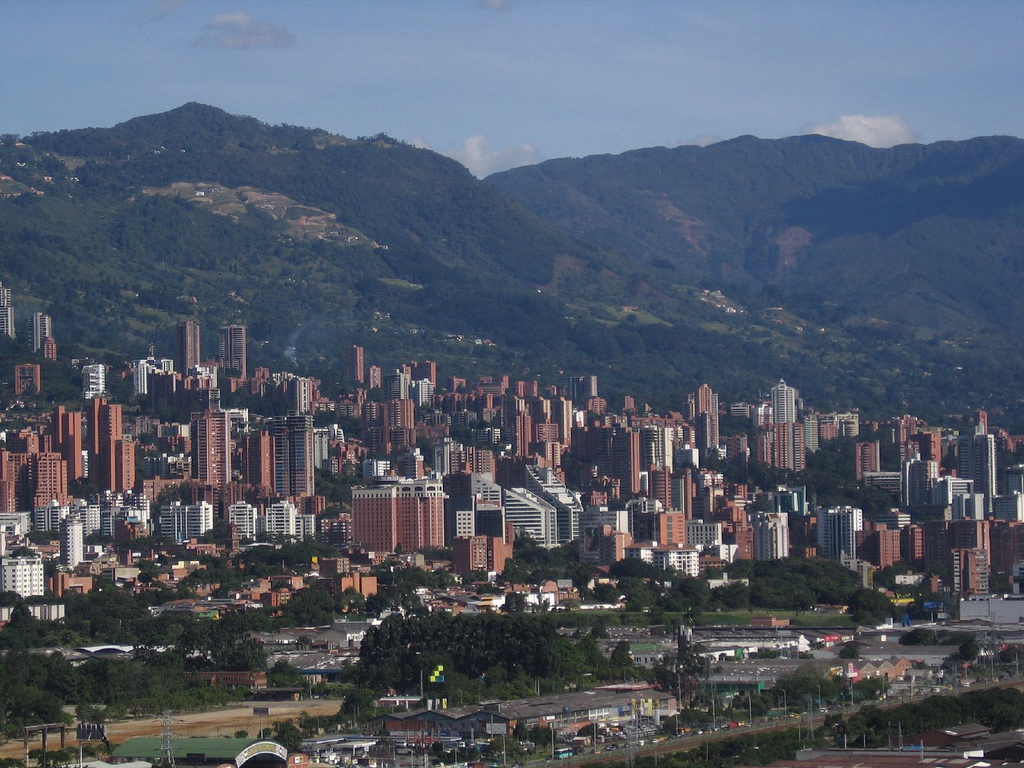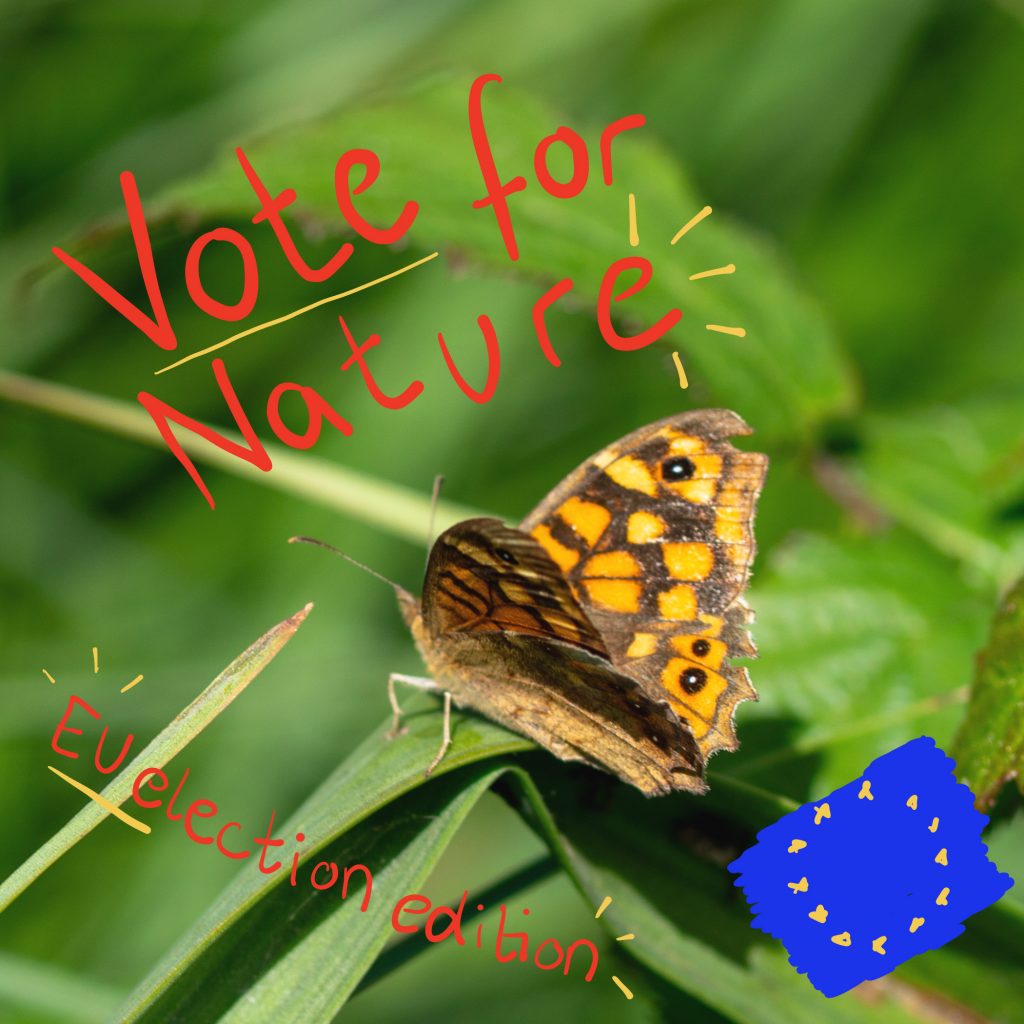Owned by the people and governed by the people – that never works. At least that is the common narrative most of us learn in school. If we leave a resource up to the people “for free” use everyone will exploit the resource to maximise their own profit without thinking about other people, or about the possibility that their actions will eventually lead to the destruction of the resource. Which according to this narrative it will.
However, empirical evidence suggests that he truth actually looks a lot different.
The idea of exploitation of unmanaged common goods was popularised by the biologist Garret Hardin, who believed that the exploitation of common resources could only be avoided by governmental interventions or privatisation.
And yet, we have seen governmental interventions and privatisation fail to manage our common resources in a sustainable way on countless occasions. Moreover, we have seen many common goods managed by local communities in a much better and more sustainable way.
>
“The commons is really a verb, not a noun, it’s a social activity by which we protect resources from being destroyed and maintain them for all of us to use and enjoy in the future.”
If you want to learn more about this exciting new way of managing common resources by neither state nor private institutions, but by communities of stewards, here is a break down of the commons and commoning by “commons ambassador” David Bollier
Elinor Ostrom, an economist, political scientist, and Nobel prize winner has devoted much of her time researching the commons. Her extensive research looks at both functional and non-functional communities of common goods. Looking at the different communities, Ostrom pinned down eight design principles that are essential parts of functional common’s communities.
-
Commons need to have clearly defined boundaries. This means it is clearly defined who has access to what? Just because it is a common good it does not mean everyone can have unlimited access to it. Who holds a share in the common good and is part of the community of benefits has to be clearly defined.
-
Rules should fit local circumstances! You cannot apply a general rule to all common goods. The more important it is to have rules that are made by local people according to the local ecological needs.
-
Participatory decision-making is vital. Not only should the rules be made by people locally, but also as many people of the community, as possible should be involved. People who have a say in making the rules are more likely to follow and enhance them.
-
Commons must be monitored. Rules can only be efficient if they are constantly monitored, enhanced and if necessary adjusted.
-
Sanctions for those who abuse the commons should be graduated. Developing a system of warnings and fines for the case that rules is essential to maintain the workings of the community. Don’t just exclude people who break the rules.
-
Conflict resolution should be easily accessible. Everyone who has an issue should be able to solve it in a straightforward, cheap, and informal way.
-
Commons need the right to organise. The commons and their rules should be accepted by higher authorities to function properly.
-
Commons work best when nested within larger networks. As commons are often build around a natural resource it is best to build a lager network with the other parties using the natural resource.
Ostrom points out that the exact way these eight principles were implemented differed from community to community. This is the reason why they should not be seen as rules but as design principles.
With these principles in mind and the vision that natural spaces should be sustainably governed, taken care of and providing value to all stakeholders, we at Sylvester aim to create strong communities around our rewilding plots, offering a fair, local and sustainable way forward for climate protection.






